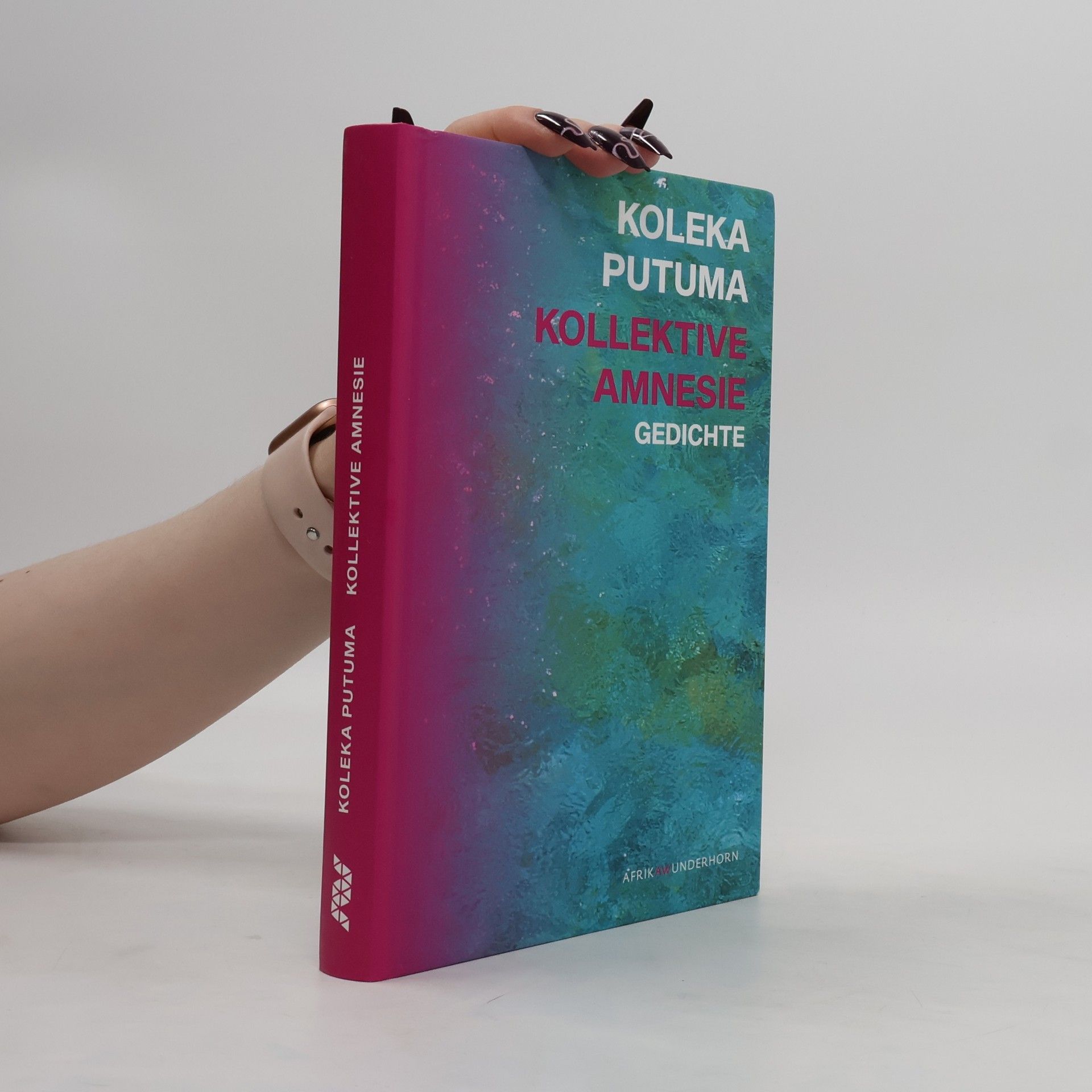Kollektive Amnesie
Gedichte
Eine der interessantesten jungen Stimmen Südafrikas präsentiert hier ihr langerwartetes Debüt: In "Kollektive Amnesie" beschäftigt Koleka Putuma sich mit dem Schwarz- und Frau-Sein und taucht dabei unerschrocken in die Geschichte ihres Landes ein. Ihre Gedichte fordern Gerechtigkeit, pochen auf Sichtbarkeit und bieten Heilung. Putuma erforscht in ihnen Konzepte von Autorität – in akademischer Welt, Religion, Politik und Beziehungen –, um zu fragen, was wir gelernt haben und was wir verlernen müssen. Trauer und Erinnerung, Schmerz und Freude, Sex und Selbstliebe machen "Kollektive Amnesie" zu einer kraftvollen Würdigung und Offenbarung all dessen, was vergessen und ignoriert worden ist – sowohl in der südafrikanischen Gesellschaft als auch in uns selbst.

